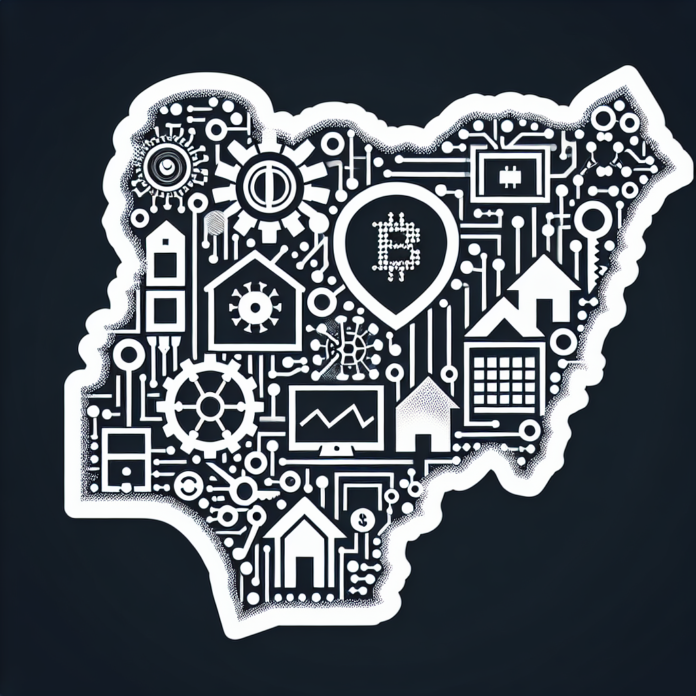Exploring Blockchain Technology for Nigerian Real Estate Development
Leveraging Blockchain Technology in the Nigerian Real Estate Sector
The integration of blockchain technology into the Nigerian real estate market is set to revolutionize the industry by introducing transparency, efficiency, and security. As Nigeria grapples with issues of land fraud, bureaucratic red tape, and a lack of transparency in property transactions, blockchain offers a promising solution to these long-standing challenges.
An Overview of Blockchain Technology
Blockchain technology, a decentralized digital ledger technology, records transactions across multiple computers to ensure data integrity and security. This technology’s application in various industries has demonstrated its potential to streamline processes, reduce fraud, and enhance transparency.
Addressing Challenges in Nigerian Real Estate
In Nigeria, the real estate sector is plagued by issues such as land disputes, fraudulent sales, and inefficient processes. By adopting blockchain, the sector can benefit from immutable records, which ensure that property data cannot be altered once entered. This feature significantly reduces the risk of fraud and disputes, providing a layer of trust and security for property buyers and investors.
Benefits of Blockchain in Real Estate Transactions
The use of blockchain in real estate transactions offers several advantages:
1. **Transparency**: All transactions recorded on the blockchain are visible to all parties involved, reducing the chances of misinformation and fraudulent activities.
2. **Efficiency**: Blockchain can automate and streamline processes, such as title transfers and contract management, reducing the time and cost associated with these activities.
3. **Security**: The decentralized nature of blockchain technology ensures that data is secure from unauthorized access and tampering.
4. **Smart Contracts**: These are self-executing contracts with the terms of the agreement written into code. They facilitate and automate transactions, ensuring that they are executed when conditions are met, thus reducing the need for intermediaries.
Implementing Blockchain in Nigeria’s Real Estate Market
For Nigeria to fully leverage blockchain technology in real estate, several steps need to be taken:
1. **Regulatory Framework**: Establishing a supportive regulatory environment that encourages the adoption of blockchain technology while ensuring compliance with existing laws is crucial.
2. **Stakeholder Engagement**: Collaboration between government agencies, real estate developers, and technology providers is essential to drive the adoption and implementation of blockchain solutions.
3. **Education and Awareness**: Educating stakeholders about the benefits and functionalities of blockchain technology will facilitate its acceptance and usage in the real estate sector.
4. **Infrastructure Development**: Investing in technological infrastructure is necessary to support the deployment and operation of blockchain systems.
The Future of Real Estate in Nigeria
The adoption of blockchain technology in the Nigerian real estate market holds immense potential for transforming the sector. By addressing the challenges of fraud, inefficiency, and lack of transparency, blockchain can create a more secure and efficient real estate market that attracts both local and international investors. As the world progresses towards a more digitized economy, Nigeria’s embrace of blockchain technology in real estate could set a precedent for other industries, contributing to the country’s economic growth and development.

